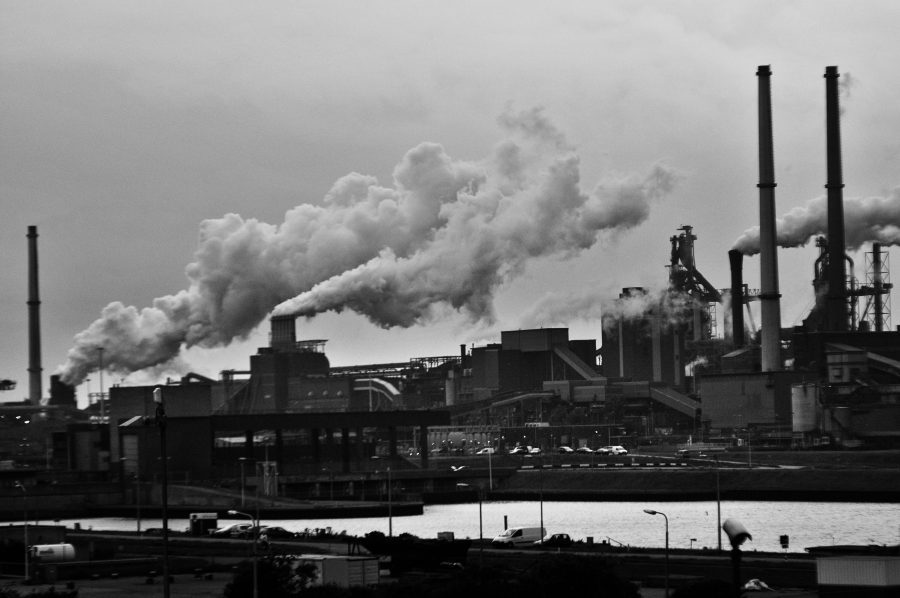Last week, I wrote about Jason Hickel’s romantic idea that people in the past “lived well” with little or no monetary income. I noted that prior to the Industrial Revolution, clothing was immensely expensive and uncomfortable. The cotton mills changed all that.
As a French historian noted in 1846, “Machine production…brings within the reach of the poor a world of useful objects, even luxurious and artistic objects, which they could never reach before.”
Today, I wish to turn to pollution. It is well known that industrialisation helped to pollute the environment, but that does not mean that air and water were clean before factories and mills came along! Compared to today, our ancestors had to endure horrific environmental conditions.
Let’s start with air quality. In the 17th century London, Claire Tomalin observed in Samuel Pepys: The Unequalled Self, “Every household burnt coal … The smoke from their chimneys made the air dark, covering every surface with sooty grime. There were days when a cloud of smoke half a mile high and twenty miles wide could be seen over the city … Londoners spat black.”
In a similar vein, Carlo Cipolla in his book Before the Industrial Revolution: European Society and Economy 1000-1700, quotes from the diary of British writer John Evelyn, who wrote in 1661: “In London we see people walk and converse pursued and haunted by that infernal smoake. The inhabitants breathe nothing but an impure and thick mist, accompanied by a fuliginous and filthy vapour … corrupting the lungs and disordering the entire habit of their bodies.”
The streets were just as dirty. John Harrington invented the toilet in 1596, but bathrooms remained rare luxuries two hundred years later. Chamber pots continued to be emptied into streets, turning them into sewers. To make matters worse, even large towns continued to engage in husbandry well into the 18th century. As Fernand Braudel noted in The Structures of Everyday Life, “Pigs were reared in freedom in the streets. And the streets were so dirty and muddy that they had to be crossed on stilts.”

























